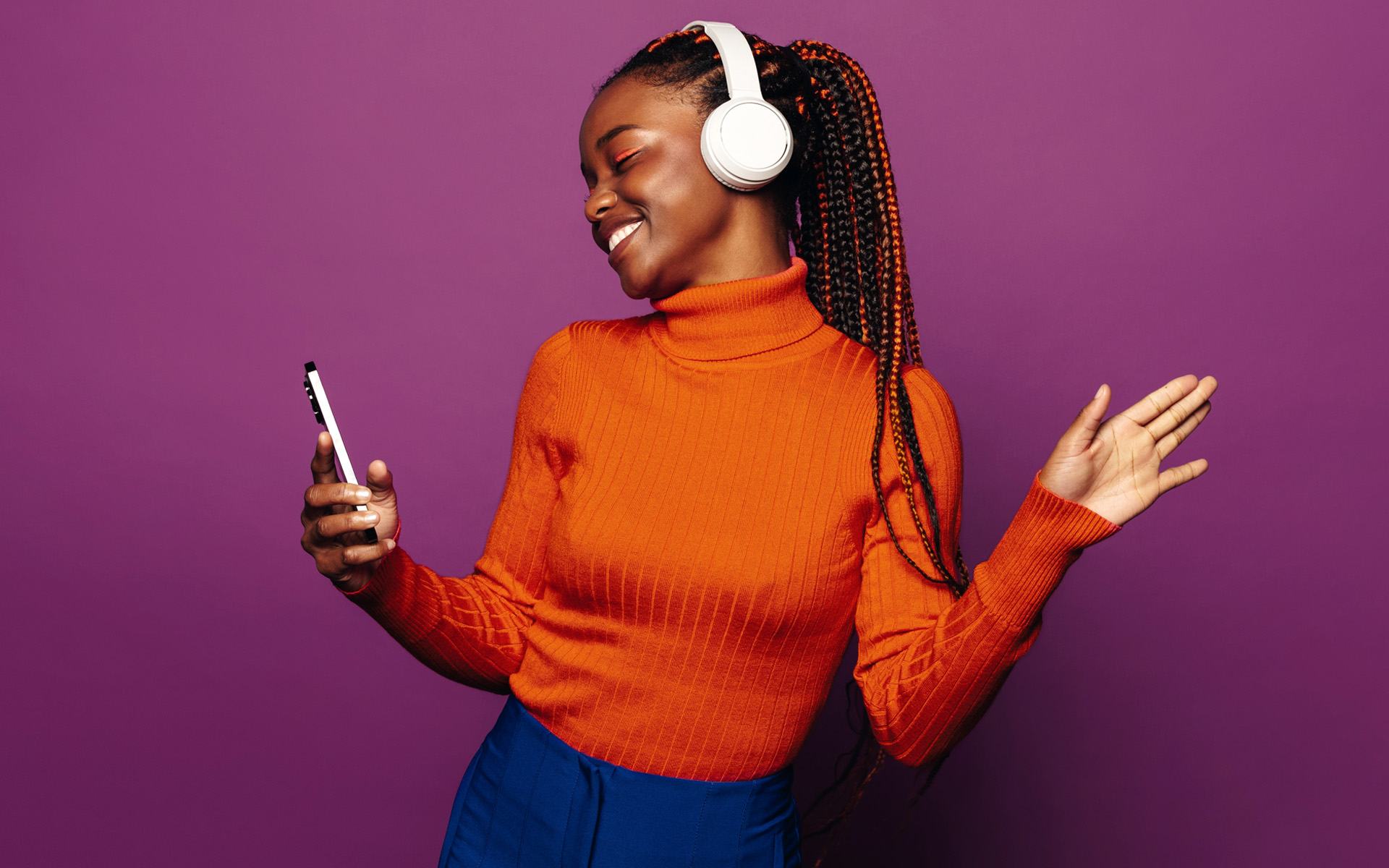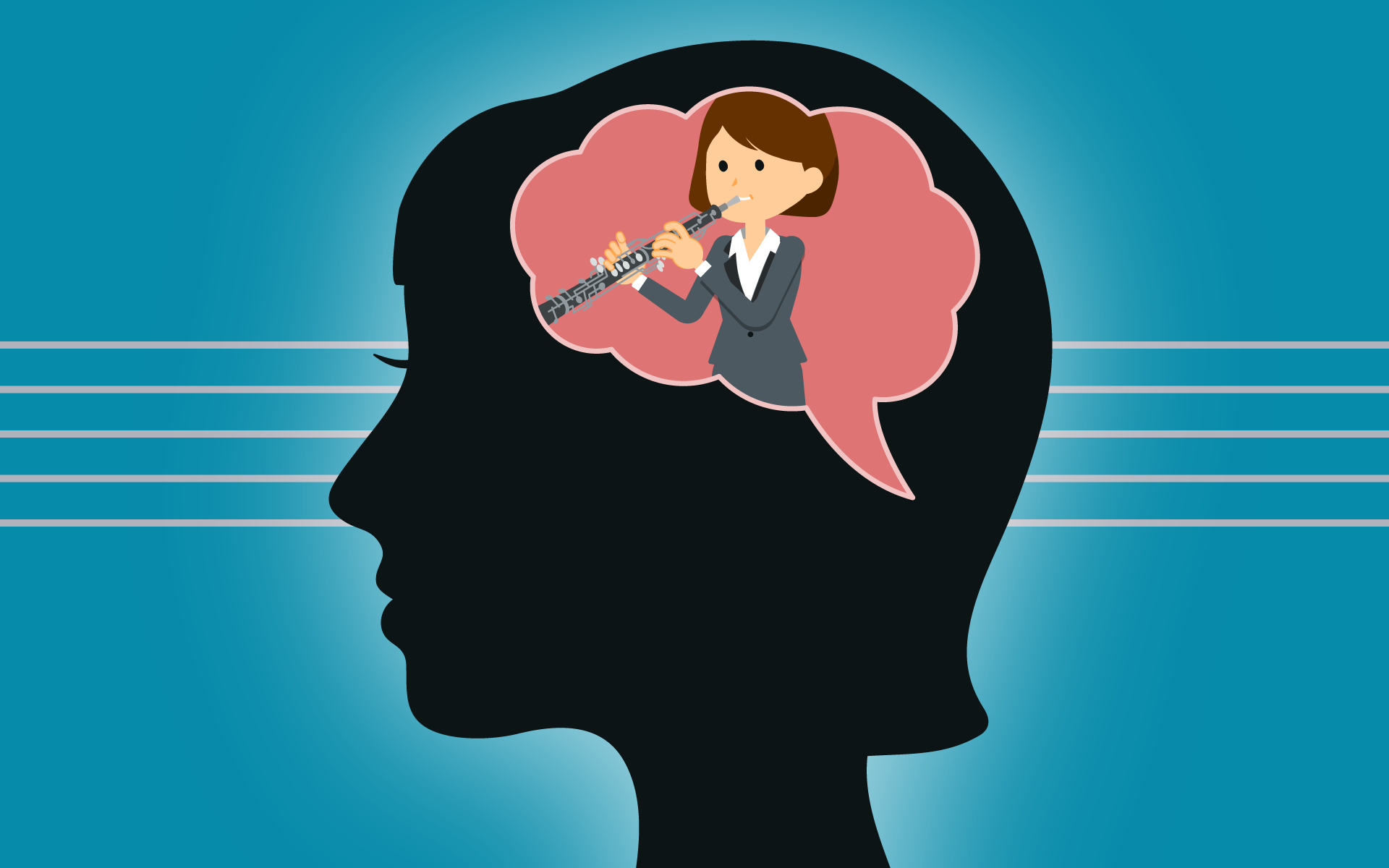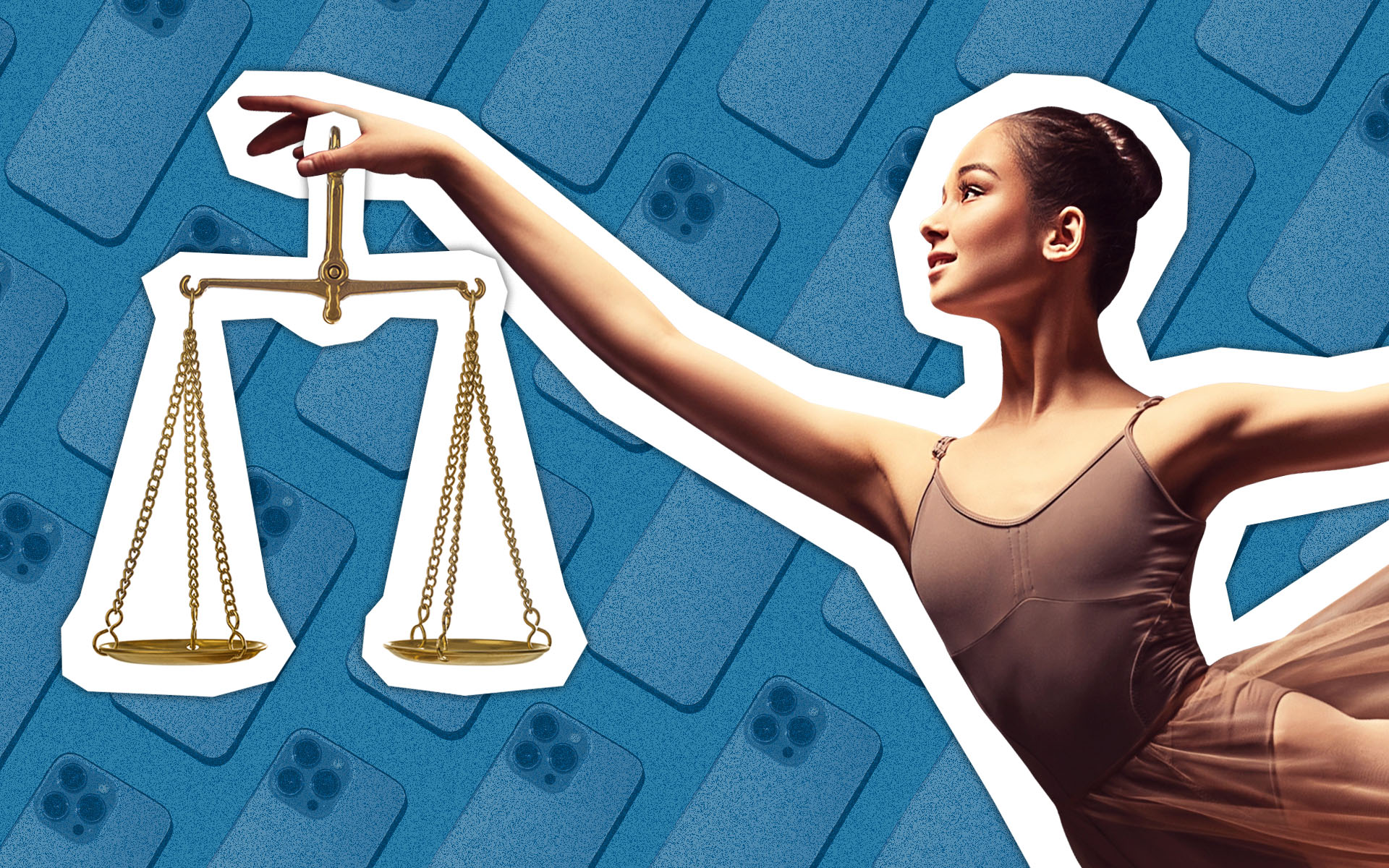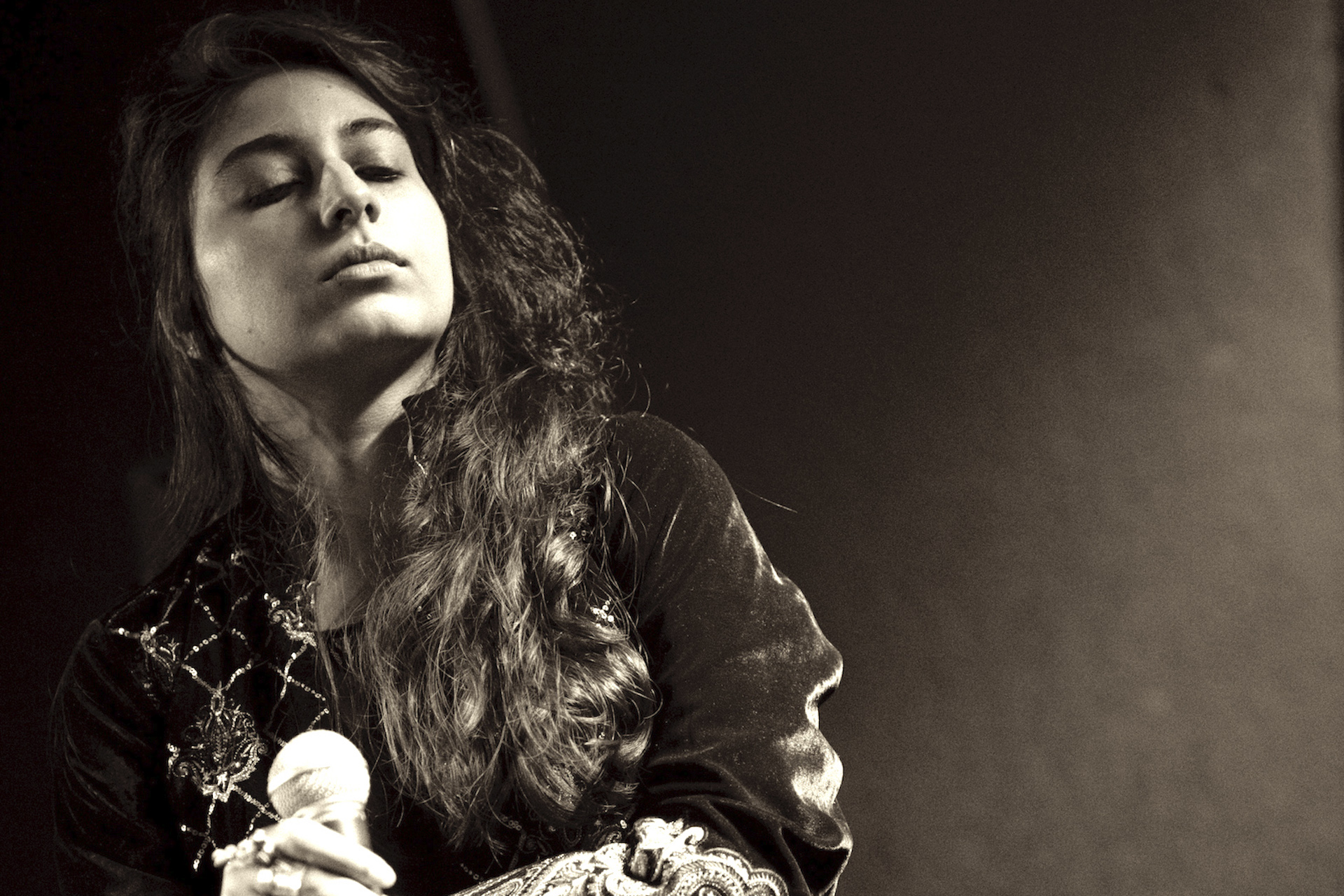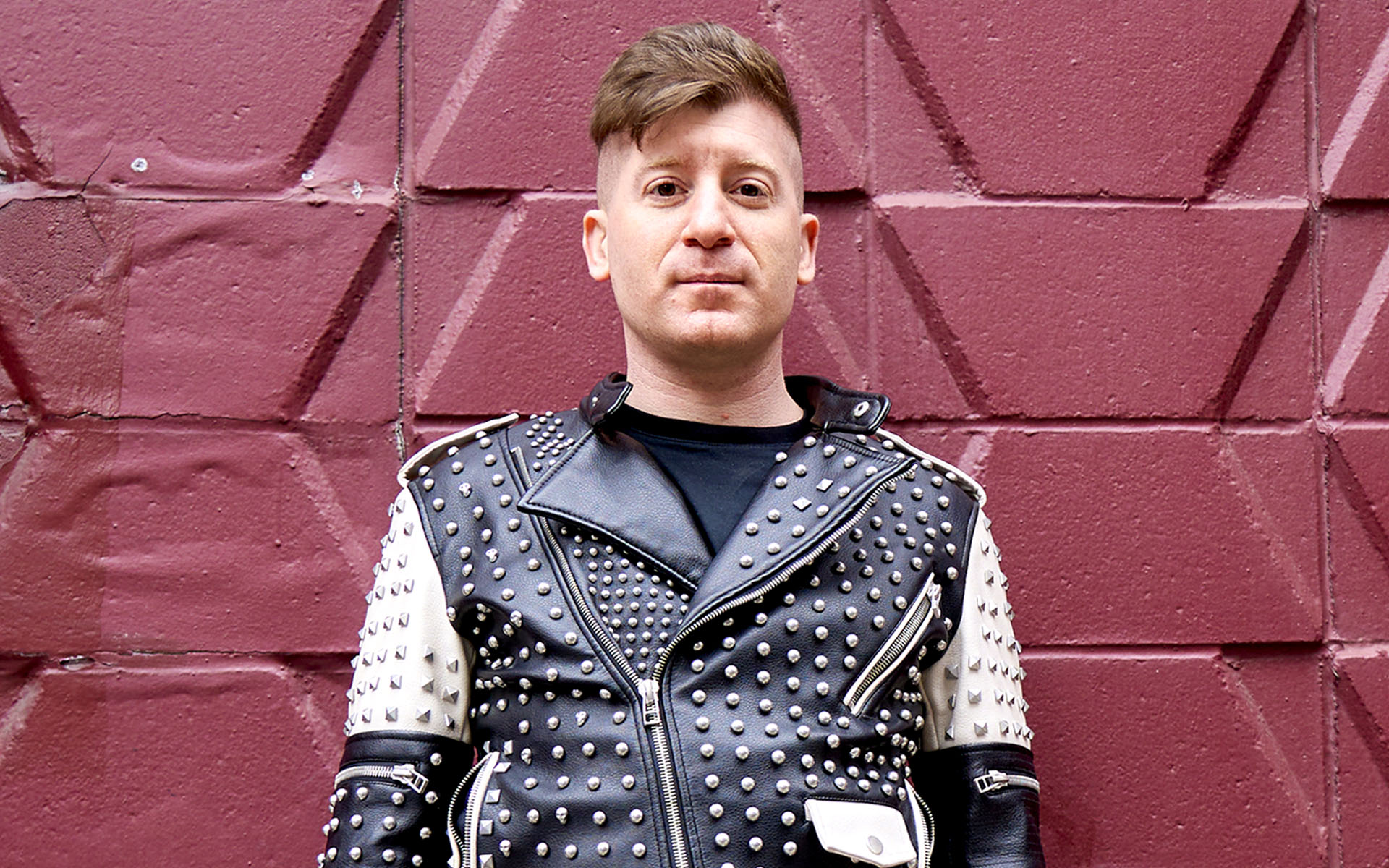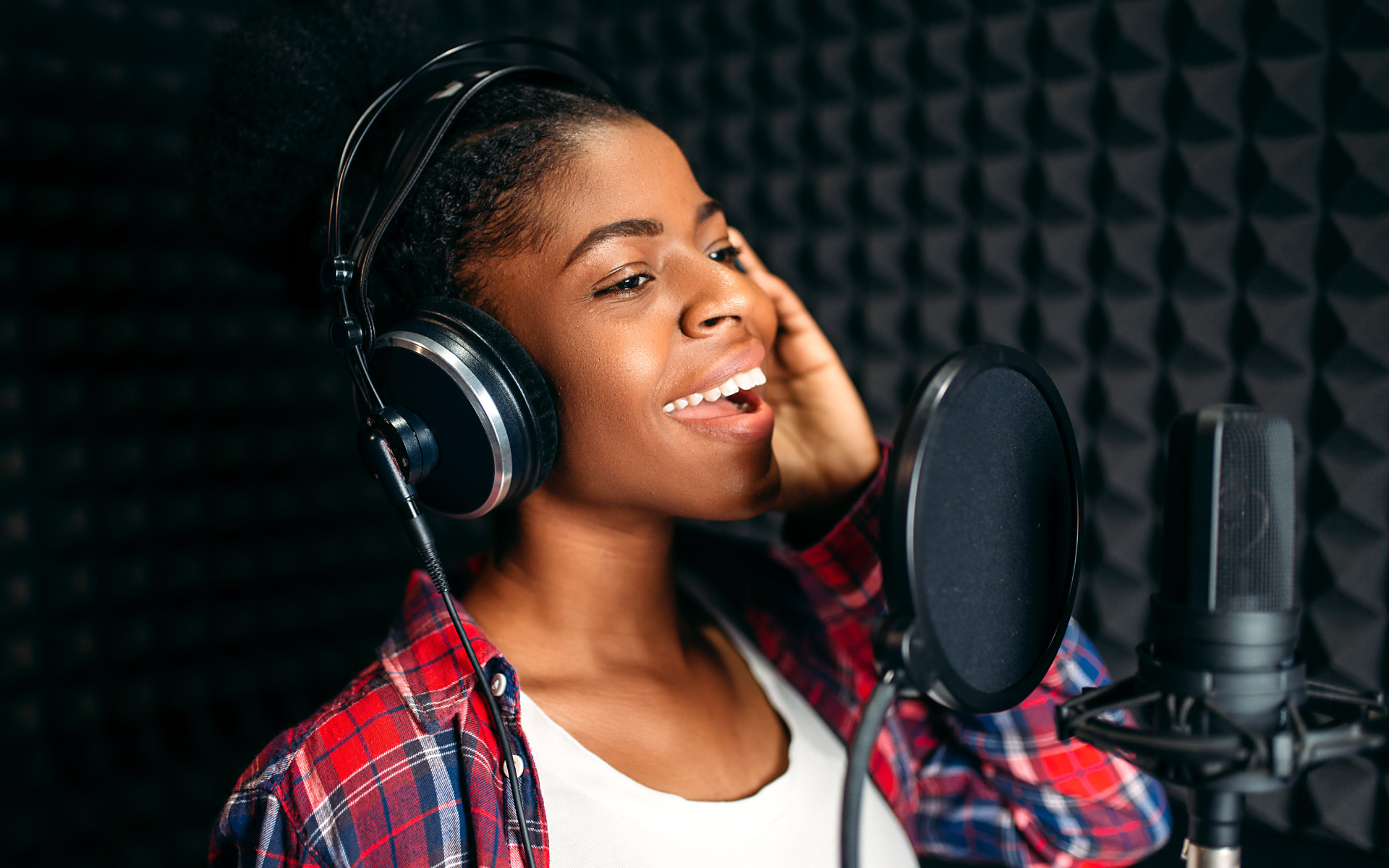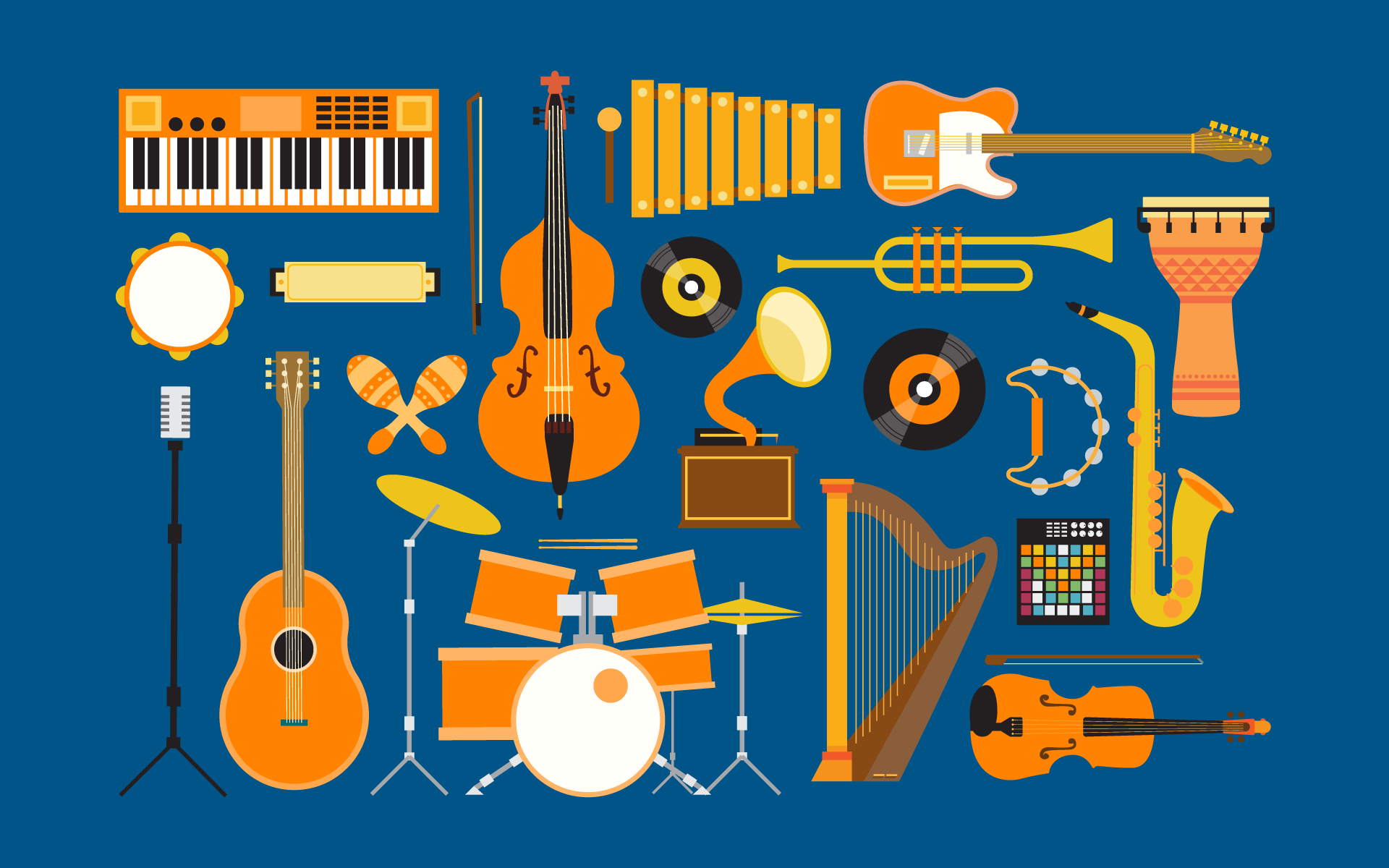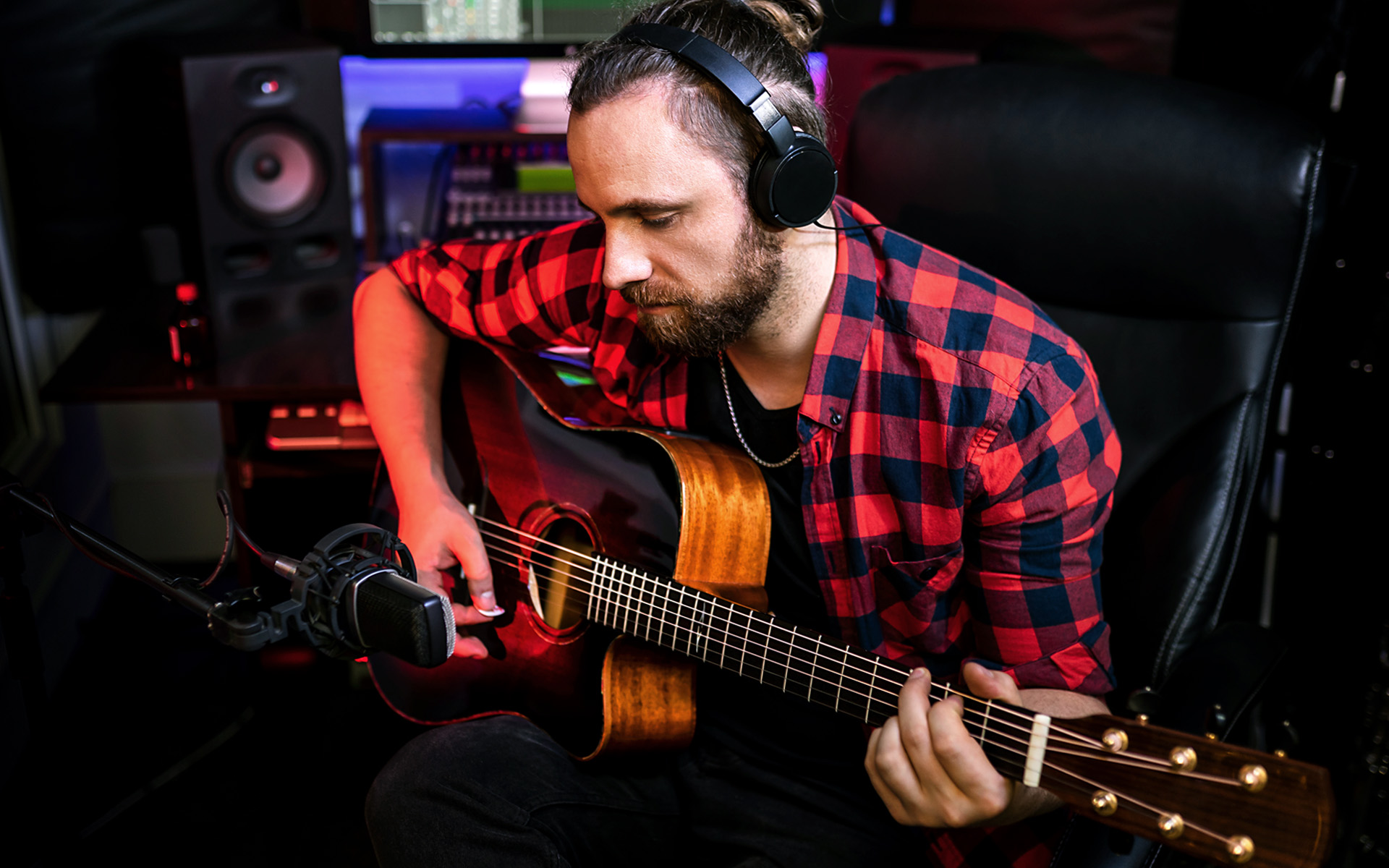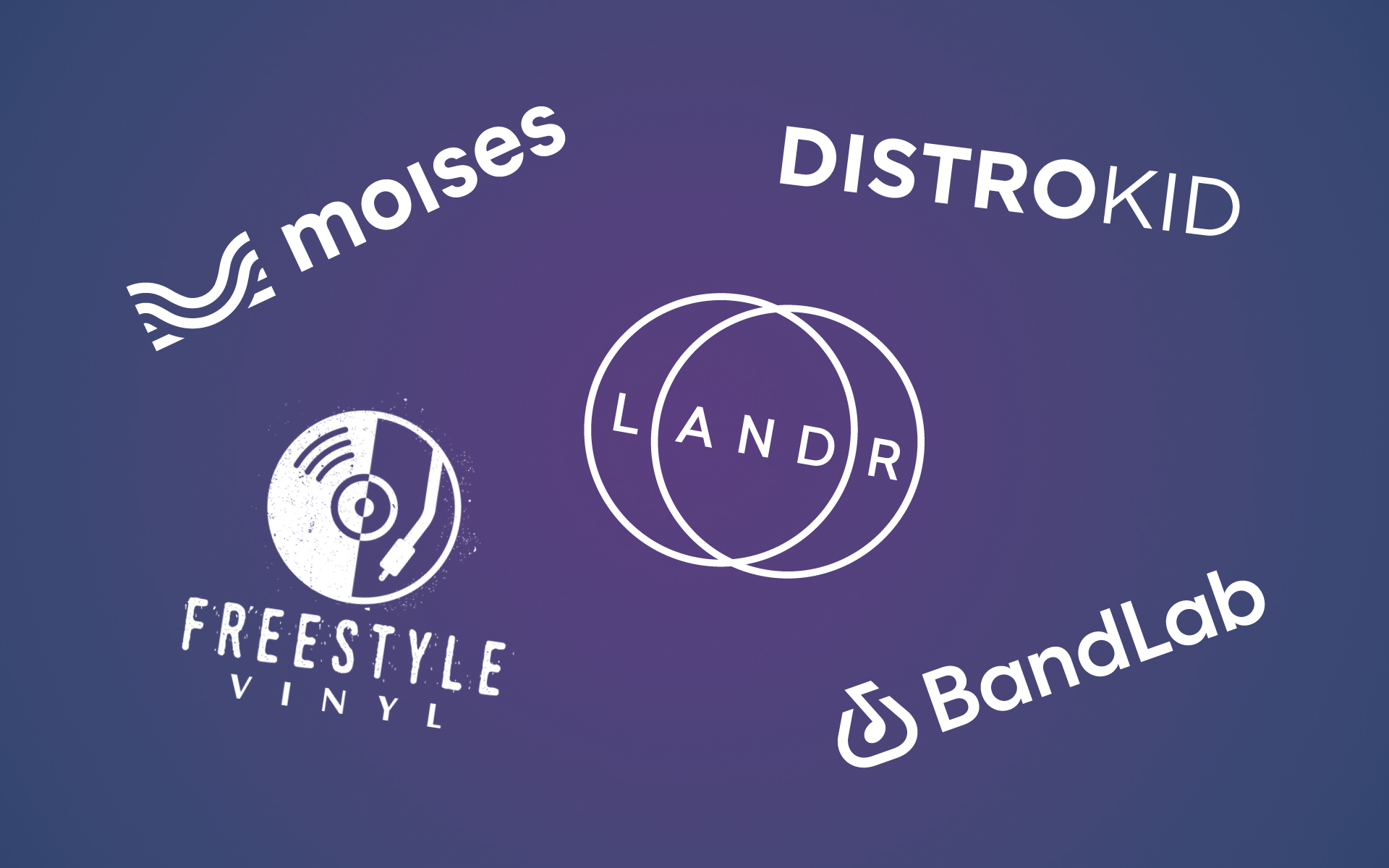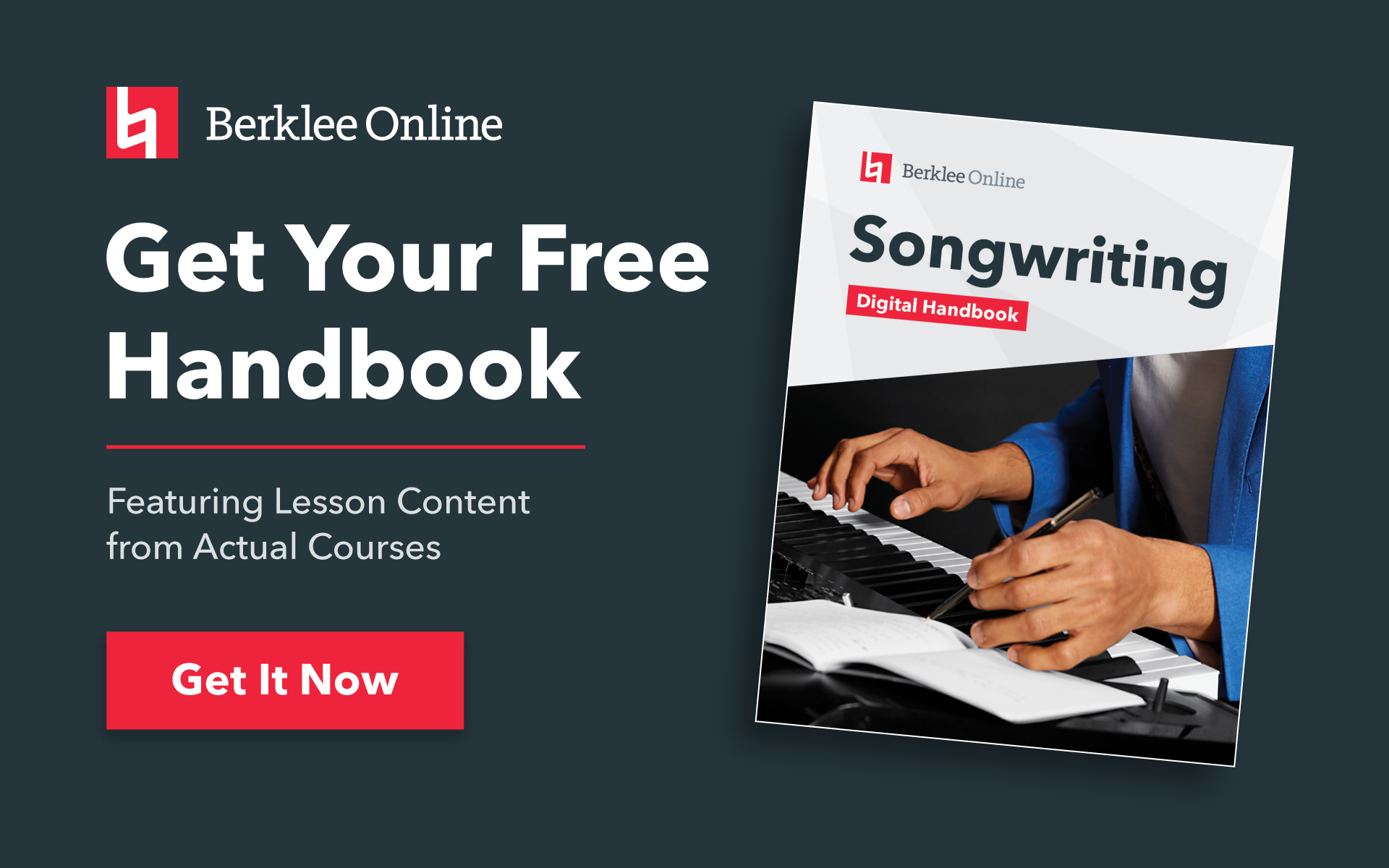If you’re a songwriter, you’ve likely heard a few opinions about artificial intelligence—some enthusiastic, some wary, and some that just leave you scratching your head. But Ben Camp, a Berklee Online instructor and songwriter, has an approach that’s a little different: “Do you think AI is the coolest thing ever, and it’s going to make your job a lot easier? Come take my class,” Camp says. “Or are you scared AI is going to take your job, and you want to burn it to the ground? Come to my class.”
Camp is the author and instructor of Berklee Online’s new two-hour masterclass AI for Songwriters on December 4, and the author and instructor of a four-week course (also called AI for Songwriters) that begins on January 13. With both offerings, Camp is inviting songwriters to roll up their sleeves and explore the creative potential of artificial intelligence with a curious mind and zero judgment.
“It’s a place to form more informed opinions about it rather than me, prescribing what your opinion should be about it,” says Camp.
Camp likens the curriculum of the courses to a creative playground—“There is a new technology around, and I want you to mess around with it and see what you can do with it creatively, what it inspires you to do creatively, and how you can break it.”—and is all about exploration. They admit to spending days on AI-generated songs, sometimes creating hundreds of versions just to see what’s possible.
“I’ve written songs without AI that have taken less effort than songs that I’ve written with AI,” they say. “With AI, I’m going to do so many more explorations. I can’t ask the producer for 237 versions of the song and piece together my favorite ones. But I can do that with AI!”
Playing in the AI Sandbox: The ‘C.R.E.A.T.E.’ Formula
Camp knows that jumping into AI can be overwhelming, especially when you’re facing a blank screen and wondering where to even start. That’s why they are teaching the “C.R.E.A.T.E.” formula, a tool to help structure AI prompts for better results. Here’s how it breaks down:
- C: Character – What character or role do you wish the AI to play?
- Specific Artist: “You are a seasoned songwriter in the style of Leonard Cohen…”
- Genre Blend: “You are a lyricist inspired by a mix of ’90s hip-hop and classic soul…”
- Production Powerhouse: “You are a music producer channeling the creative energy of Pharrell Williams…”
- R: Request – What are you asking the AI to do?
- Brainstorming: “Give me 10 different lyrical hooks with a nostalgic theme…”
- Critique and Suggestion: “Analyze these lyrics. Can you spot where the rhymes feel forced and suggest alternatives?”
- Musical Direction: “My song is about overcoming adversity. What rhythmic style and instrumentation would suit it?”
- E: Examples – How many examples will you provide?
- Zero-Shot (No examples): “Write a verse about a childhood memory”
- One-Shot (One example): “Write a catchy pop chorus about self-love. Here’s a verse for inspiration: ‘Mirror, mirror can’t you see…’”
- Multi-Shot (Multiple examples): “Write a rap using colorful comparisons like ‘flow like a tsunami’ and ‘crowned like royalty’ and ‘drums are my heartbeat.’”
- A: Adjustments – Did the response suit your needs? If not, what would you like changed?
- Stylistic Shifts: “Make this chorus sound more anthemic and rock-influenced.”
- Mood Change: “Rewrite these lyrics so they are less bitter and more hopeful.”
- Specific Tweaks: “Include the metaphor of ‘a flickering candle’ somewhere in this bridge.” or “Do not include any rhymes.”
- T: Type of Output – How would you like the response structured?
- Full Song Structure: “Write a song about lost love—give me verses, chorus, and a bridge.”
- Production Tips: “Give me suggested instrumentation, production and arrangement ideas, and genre references that would fit this song.”
- Idea List: “Brainstorm 10 titles for a song about defying expectations.” or “Give me 20 metaphors about struggling to succeed.”
- E: Extras – Any additional context or instructions you’d like to provide?
- New Session: “Start fresh; forget all previous song ideas.” (Note: Depending on the AI, it may be better to actually create a new session, as the AI may not be good at ‘forgetting’ mid-session.)
- Reasoning: “Explain why you chose that topic shift in the second verse.” or “What makes this chorus so catchy?”
- Collaboration: “Based on my style, what other writers should I study for inspiration?”
“C.R.E.A.T.E. is a helpful way to start,” Camp says. “But once you get comfortable, you’ll find your own tricks for getting the results you want.”
Learning to Write and Rewrite with Artificial Intelligence
“Camp says one of their favorite aspects of using AI is its ability to generate countless variations of a single lyric or song, which they say has even improved their ear for quality.
“When I hear a song done in a folk version, then in a soul version, then in a dubstep version, I know right away whether the lyric works or not.”
They explain that AI allows them to hear ideas quickly and explore multiple approaches without the typical time constraints of a human session.
“I always need somebody in the room who sings, and I always need them to be able to sing something, because I’m never going to know whether a lyric lands until I hear it coming out of somebody’s mouth. It can look amazing on paper and fall completely flat, and that could be a melody issue, it could be that it doesn’t fit the singer’s persona. It could be any number of reasons, but I need to hear it instantiated and I’m rate-limited when I’m writing with humans.”
STUDY SONGWRITING ONLINE WITH BEN CAMP
They explain how a typical songwriting session in LA is about four hours, and if the songwriters don’t nail a particular track in that time, it’s unlikely anybody will revisit that song. This is maybe where AI has helped Camp the most.
“If you don’t get the right lyric, or the right line, that could be the reason that an otherwise good song gets shelved, and I can’t spend all four hours of the time asking the singer to sing me back 37 different versions of the line, each with a different rhyme word,” they say, “but I can absolutely take three minutes to cut and paste the whole line in many different versions, and just hear it back to back.”
The Ethics of AI-Generated Music
Camp acknowledges that AI-generated music comes with ethical questions, especially concerning who gets credit for the art and whether creators are compensated fairly. They approach these discussions openly in class, encouraging students to consider both legal and moral implications. As Camp explains, “It’s not just from a legal standpoint, but also from a moral standpoint.”
They invite students to think through “all the inputs that go into this equation” and to recognize that “the actual questions are much thornier and deeper” than just whether AI should be used in songwriting.
Camp is mindful of AI’s impact on human creators, particularly those whose work may have been used to train these models without consent. “The creators, the people who put the time and sweat into making the art,” Camp says, “are they being compensated, and did they consent?”
For Camp, the decision to release AI-generated music is complex.
“I haven’t released anything that I’ve made with AI,” Camp says, underscoring the care they take in deciding when, or if, AI should be part of their public work. “That’s a line that I have not decided whether I will cross, at least not without attribution.”
That said, it seems like Camp will be interfacing with artificial intelligence and songwriting from now on.
“I think that the only reasons why I wouldn’t use AI in my creative process is if one of my collaborators was opposed to it,” they say, “or if the power was out.”

